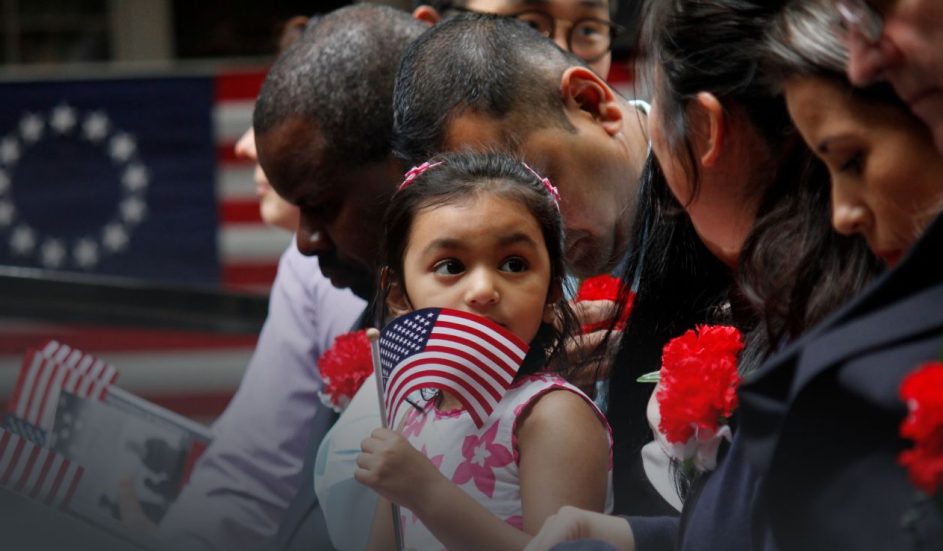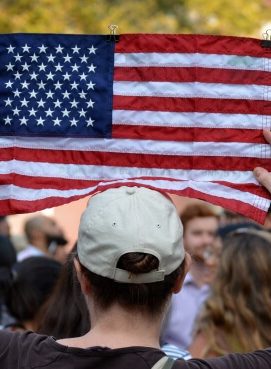

Executive Order 14163, issued during President Trump’s first 100 days in 2025, directed the Department of State and Department of Homeland Security to suspend refugee admissions immediately. The order cited “national interest concerns” and a need to reevaluate vetting procedures. In effect, the administration attempted to halt all U.S. Refugee Admissions Program (USRAP) activity indefinitely.
Although a federal court blocked the implementation of the freeze in March 2025, the real-world consequences of EO 14163 remain. As of July 2025, refugee processing is at a near standstill, with tens of thousands of approved applicants facing indefinite delays, expired documents, and uncertain futures.
This article examines how EO 14163 impacted refugee admissions, where the legal landscape stands now, and how individuals and families can safeguard their cases through legal action.
What the Executive Order Directs
The executive order instructed DHS and the State Department to:
- Suspend all refugee processing and travel pending a “comprehensive security review.”
- Immediately halt the admission of any refugee not yet physically present in the U.S.
- Reallocate personnel and funding away from refugee vetting and resettlement operations
- Prioritize future refugee admissions based on “assimilation potential” and “alignment with American values.”
The policy had the immediate effect of pausing interviews, background checks, and flight scheduling for thousands of individuals already approved for admission. For many, this included cases involving family reunification, urgent medical needs, or prior U.S. government sponsorship.
Legal Response and Court Ruling
In March 2025, a federal district court in Washington, D.C. blocked the implementation of EO 14163, finding that the blanket refugee freeze violated both statutory and constitutional protections.
The court emphasized that Congress, not the executive, sets annual refugee ceilings and that the administration must follow procedures laid out in the Refugee Act of 1980. The ruling required DHS and the State Department to resume processing approved refugee cases “in a good faith and timely manner.”
Despite this legal victory, practical implementation remains uneven. Refugee support agencies report that only a small percentage of backlogged cases have been cleared for travel since the ruling, and many approved applicants are now facing expired medical clearances, lost housing placements, and broken family reunification timelines.
Real-World Consequences for Refugees
The refugee backlog is now approaching record levels. As of July 2025:
- Over 40,000 approved refugees remain in limbo abroad, many in unsafe or unstable host countries
- Cases involving Afghan and Ukrainian applicants, previously prioritized under special humanitarian pathways, have stalled
- Medical deferrals are being denied due to lapsed documentation that agencies have not yet been able to renew
- Flights scheduled for spring 2025 have not been rebooked, and travel processing is inconsistent from one U.S. consulate to another
Many refugee families who sold their belongings and left camps in anticipation of travel are now stranded, often without shelter or income. Others who were conditionally approved are being told their security checks must be restarted from the beginning, despite having already waited years for clearance.
How Spar & Bernstein Is Taking Action
Our firm is currently working with both individual clients and advocacy coalitions to ensure compliance with the court’s ruling and to restore refugee admissions at full capacity. Our legal services include:
- Reactivating stalled refugee cases through formal DHS inquiries and congressional liaison requests
- Filing writs of mandamus in federal court to compel the processing of delayed or abandoned cases
- Revalidating medical and security clearance documentation in coordination with partner agencies
- Advising U.S.-based relatives and sponsors on legal strategies for family reunification under I-730 and I-130 pathways
- Monitoring consular compliance with court-ordered directives and filing administrative complaints where necessary
We are also representing refugee applicants in impact litigation aimed at forcing the administration to fully comply with the law, not just in name, but in practice.
What Refugees and Sponsors Can Do
For refugee applicants and their U.S.-based sponsors, several critical steps can be taken now:
- Contact your resettlement agency or legal representative to check the status of your case and identify any expired documents
- Retain all official correspondence, including letters of approval, biometrics results, and travel notifications
- Submit humanitarian parole requests if urgent travel is required for medical or family reasons
- Consult an immigration attorney to explore other forms of relief, such as asylum, special immigrant visas (SIVs), or family reunification options
Because processing timelines remain uncertain, legal intervention is often the only way to accelerate or preserve your claim.
Although the courts blocked EO 14163, its legacy persists in the form of bureaucratic inertia, lost opportunities, and broken promises to thousands of refugees. In this moment of uncertainty, legal advocacy remains a powerful tool to ensure that the United States honors its obligations under both domestic and international law.
Spar & Bernstein is here to fight for every refugee who has been delayed, ignored, or displaced by the effects of EO 14163. If your case has been stalled or denied unfairly, our team can step in to demand answers, enforce accountability, and help secure the future you were promised.




